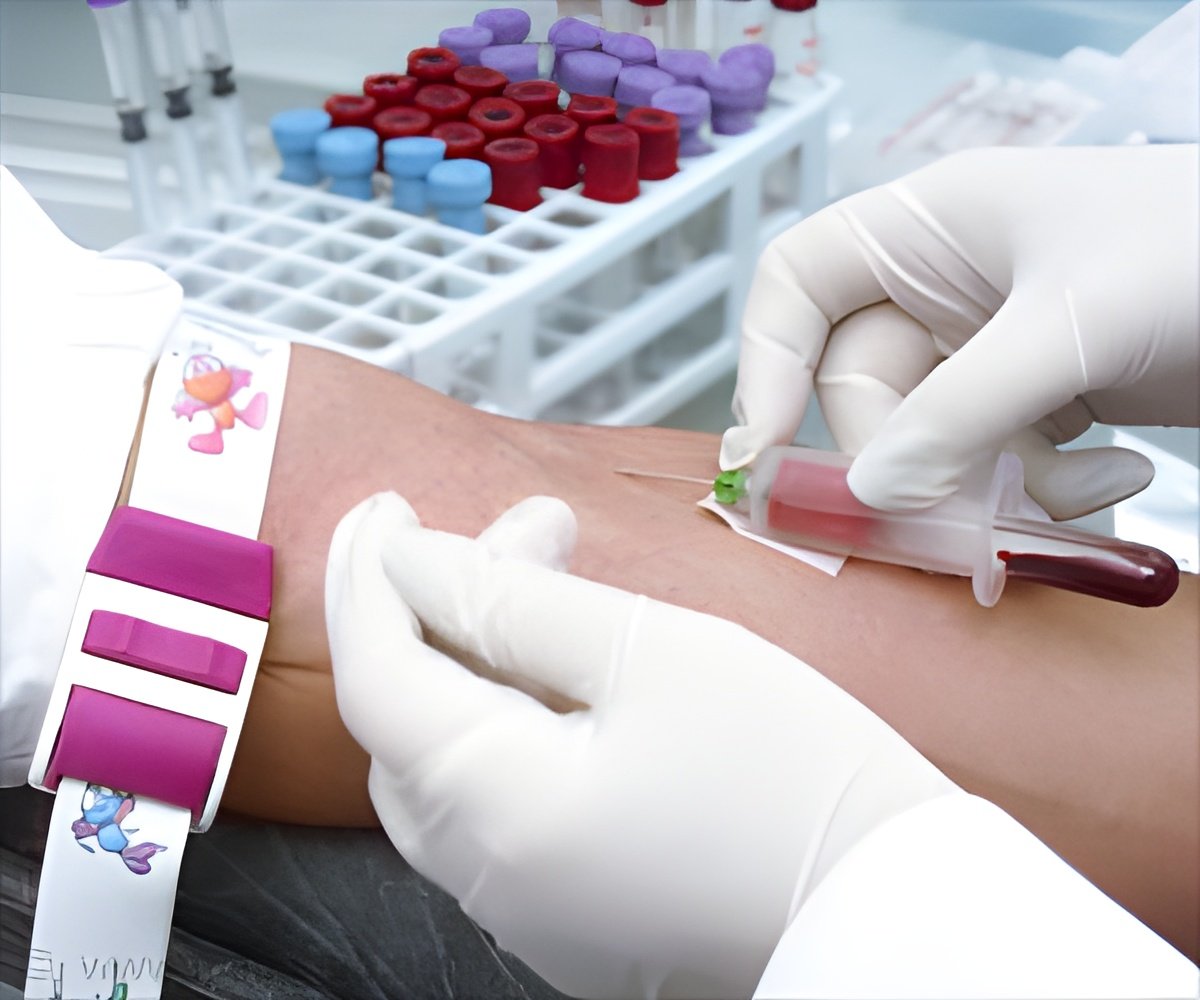
‘A blood test can detect the presence of a biomarker called glial fibrillary acidic protein that is released into the bloodstream after a brain injury indicating the evidence of concussion.’
Tweet it Now
"Symptoms of a concussion, or a mild to moderate traumatic brain injury, can be subtle and are often delayed, in many cases by several days," said Dr. Linda Papa, lead author of the study.They found that when an injury occurs in the brain, a biomarker called glial fibrillary acidic protein (GFAP) crosses the blood-brain barrier and gets released into the bloodstream. This biomarker can in fact circulate in the blood for a period of seven days after the particular injury.
They analyzed 600 patients for three years and found the blood test was able to detect mild to moderate traumatic brain lesions with up to 97 percent accuracy in adults.
"This could provide doctors with an important tool for simply and accurately diagnosing those patients, particularly children, and making sure they are treated properly. If patients are not diagnosed properly and treated appropriately, it could lead to long-term problems. This test could take the guesswork out of making a diagnosis by allowing doctors to simply look for a specific biomarker in the blood," said Papa.
Till date, concussions are diagnosed by conducting computerized tomography (CT) scans in patients, especially children. But over exposure to radiation can lead to side effects. Therefore, this new blood test can help avoid unnecessary CT scans and also provide same information as the scan.
Advertisement
Source-Medindia












